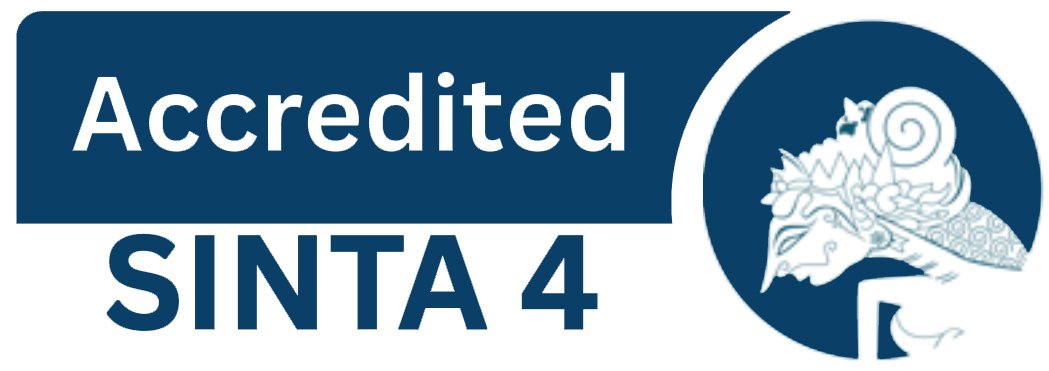STUDY OF LECTURER PERFORMANCE OF PRIVATE UNIVERSITY CASE STUDY IN BANDUNG AND CIMAHI, WEST JAVA
DOI:
https://doi.org/10.22460/p2m.v9i1.3147Keywords:
Private Universities, Lecturer Quality, Lecturer Performance, Management Performance, Learning OutcomesAbstract
The important role of private universities is increasingly felt in the midst of the limited number of state universities. Private universities are proven to be able to accommodate 300% more students than state universities. Thus, so that human resources are qualified, the quality of private higher education institutions needs to have a serious concern from the leader. This research is a quantitative descriptive study that wants to capture the performance of private universities based on the quality and performance of lecturers, management performance and learning outcomes. The study was conducted at 4 (four) private universities in Bandung and Cimahi, West Java Province which had educational characteristics. The used data are obtained from documents and are strengthened by data from surveys and interviews for each variable of university performance. All data were quantified using a Likert scale and categorized into four qualifications namely very good, good, moderate, and low, and analyzed the correlation with student learning outcomes. The results of the study indicate that the performance components of private universities, in general, need to be improved because they are still in moderate qualifications. The management component has the highest score, followed by sequential components of lecturer quality and lecturer performance. In general,  student learning outcomes  are also in the moderate category. The three components analyzed have a very strong influence on student learning outcomesReferences
---------- Undang-Undang No.20 Tahun 2003 tentang Sistem Pendidikan Nasional.
---------- Undang-Undang No.12 Tahun 2012 tentang Pendidikan Tinggi.
---------- Peraturan No.4 Tahun 2014 tentang Penyelenggaraan Pendidikan Tinggi dan Pengelolaan Perguruan Tinggi.
---------- Permenristekdikti Republik Indonesia No.44 Tahun 2015 tentang Standar Nasional Perguruan Tinggi.
Saefuddin, Asep dkk. 2000. Pengembangan Mutu Perguruan Tinggi dan TantanganPerkembangan Mutakhir Otonomi, Desentralisasi dan Reformasi. Jakarta, Departemen Pendidikan Nasional RI, Dirjen Pendidikan Tinggi.
---------- Undang-Undang Republik Indonesia No. 14 Tahun 2005 tentang Guru dan Dosen.
---------- Peraturan Pemerintah Nomor 37 Tahun 2009 tentang Tenaga Dosen.
Abdullah. (2014). Dasar-Dasar Manajemen Pendidikan. PT. Gramedia : Jakarta.
Ibid. (2011). Manajemen Pendidikan Di Era Otonomi Daerah: Konsep, Strategi Dan Implementasi. Alfabeta : Bandung.
Kaoru Ishikawa, 1994. What is Total Quality Control ?,Prentice Hall Inc. Englewood Cliffs, NY. USA.
Sallis, Edward. 1993. Kogan Page Educational Management Series: Total Quality Management in Education. Kogan London. Page Ltd..
Robbins dan Coulter. (2012). Education of Management. Graha Ilmu : Yogyakarta.
Wibowo. (2011). Manajemen Kinerja. Raja Press : Jakarta.
Engkoswara dkk. (2010). Teknik-Teknik Manajemen Pendidikan. Alfabeta : Bandung.
Onisimus Amtu. (2011). Manajemen Pendidikan Di Era Otonomi Daerah: Konsep, Strategi Dan Implementasi. Alfabeta : Bandung.
Dimyati dan Mudjiono. (2007) . Belajar dan Pembelajaran. PT. Gramedia : Jakarta
Ety Rochaety dkk. (2008). Sistem Informasi Manajemen Pendidikan. Bumi Aksara : Jakarta.
Uhar Saputra. (2012). Administrasi Pendidikan. PT. Remaja Rosda Karya : Bandung.
Sudjana, (2005), Metode Statistika Edisi ke-6. Bandung : Tarsito.


















